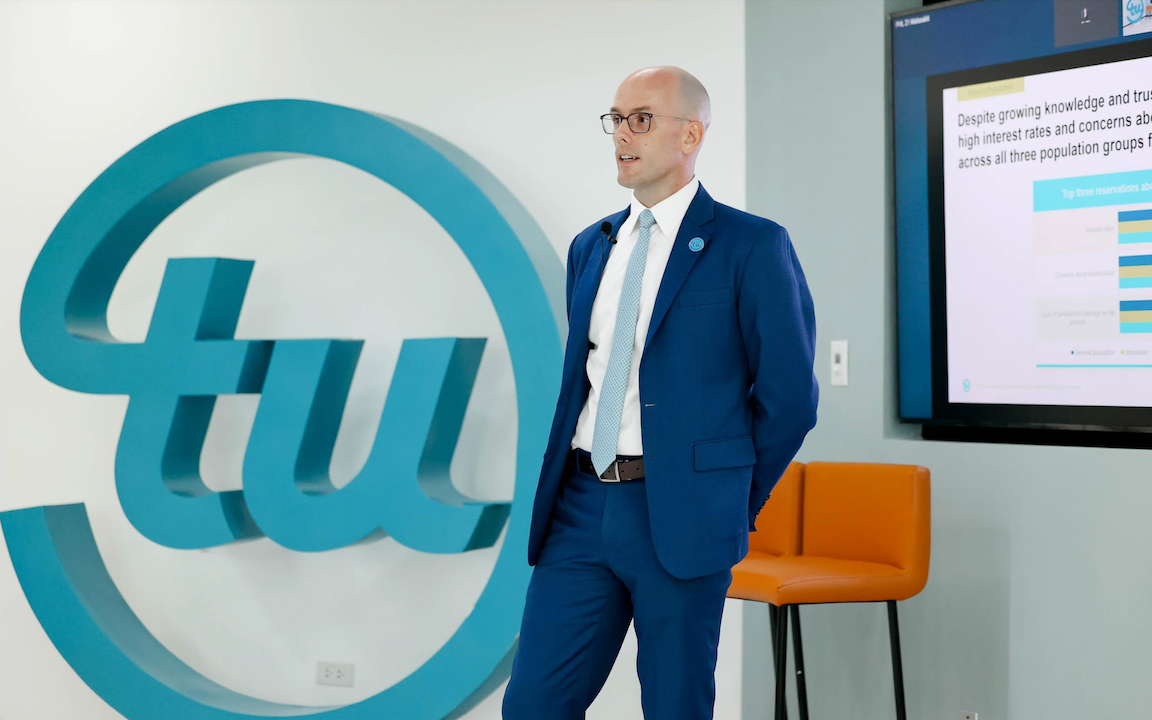The financial landscape of the Philippines is undergoing a quiet but powerful transformation. A new report from TransUnion, a global information and insights company, reveals that Filipinos’ trust in credit is on the rise, driven by a growing embrace of digital finance and a narrowing gap between the banked and unbanked.
The findings of the 2025 Credit Perception Index (CPI) offer a promising glimpse into a more inclusive and tech-driven financial future for the nation.
TransUnion CPI Score and Score Factors of the General Population

The 2025 CPI, which scores the Philippines at a stable 73 out of 100, shows a significant six-point increase in trust toward credit products. This trust, says the report, is a key indicator of progress toward a more financially resilient population.
Even more encouragingly, this shift is most pronounced among the unbanked, whose CPI score increased by two points to 67, closing the gap with the general population from nine to six points.
Fintech: The bridge to a cashless economy
The report highlights a crucial trend that is reshaping how Filipinos engage with finance: fintech is becoming the first point of entry for a new generation of consumers.
For the first time, TransUnion’s study included “Fintech users” as a distinct population group. The results are nothing short of a paradigm shift. A staggering 91% of Filipinos report using at least one digital financial product, with e-wallets (77%), online banks (51%), and digital payment apps (47%) leading the way.
Most notably, more than one-third (35%) of the general population reported that an e-wallet was their very first financial product, surpassing traditional bank accounts (30%). This trend is particularly dominant among younger Filipinos, with Gen Z (47%) and Millennials (37%) opting for e-wallets to start their financial journey.
This data is a powerful validation of the Philippine fintech industry’s impact. Fintech platforms are not just a convenient alternative; they are the new front door to financial inclusion. By providing accessible and user-friendly services, they are effectively bridging the gap for millions who were previously underserved by traditional banking.
Overcoming the last hurdles

Despite these positive trends, the report identifies persistent barriers that still hinder widespread credit adoption. The top concerns are high interest rates and, perhaps more critically for the digital age, a fear of scams and fraud.
Across all population groups — the general population, the unbanked, and fintech users—high interest rates were the number one deterrent. This was followed closely by concerns about fraud and security, with more than half of all respondents citing these fears. This finding underscores a critical challenge for the fintech industry: to truly unlock the full potential of a digital-first economy, these companies must not only innovate with convenience but also build and project an ironclad sense of security and trust.
A call to action for the fintech ecosystem

Peter Faulhaber, President and CEO of TransUnion Philippines
According to Peter Faulhaber, President and CEO of TransUnion Philippines, the CPI’s findings are a clear call to action. “We are glad to see the CPI score holding largely steady, supported by growing trust in credit products. More encouragingly, this year’s CPI results also tell us that Filipinos are eager to learn more about financial options that are relevant, accessible, and suited to their needs. This increasing openness is a positive indicator of progress. As financial literacy deepens, we anticipate even greater familiarity, trust and responsible use of credit.”
He adds, “The strong performance of FinTech users and the narrowing gap between the unbanked
and general population reflect encouraging momentum toward greater financial inclusion. To fully unlock the benefits of credit and drive broader adoption, we must continue addressing persistent barriers, especially concerns around fraud and security. By fostering trust and enhancing financial education, we can empower more Filipinos to participate confidently in the credit economy, helping build a financially resilient population that supports the nation’s journey toward upper-middle income status.”
The TransUnion report provides a clear roadmap for the Philippine fintech industry: continue innovating with accessible products, but double down on building consumer trust and robust security measures. As younger generations embrace digital wallets as their primary financial tool, the opportunity for fintech to drive financial inclusion has never been greater.
For more information and insights, please view the full report of the TransUnion Credit
Perception Index study at www.transunion.ph.








